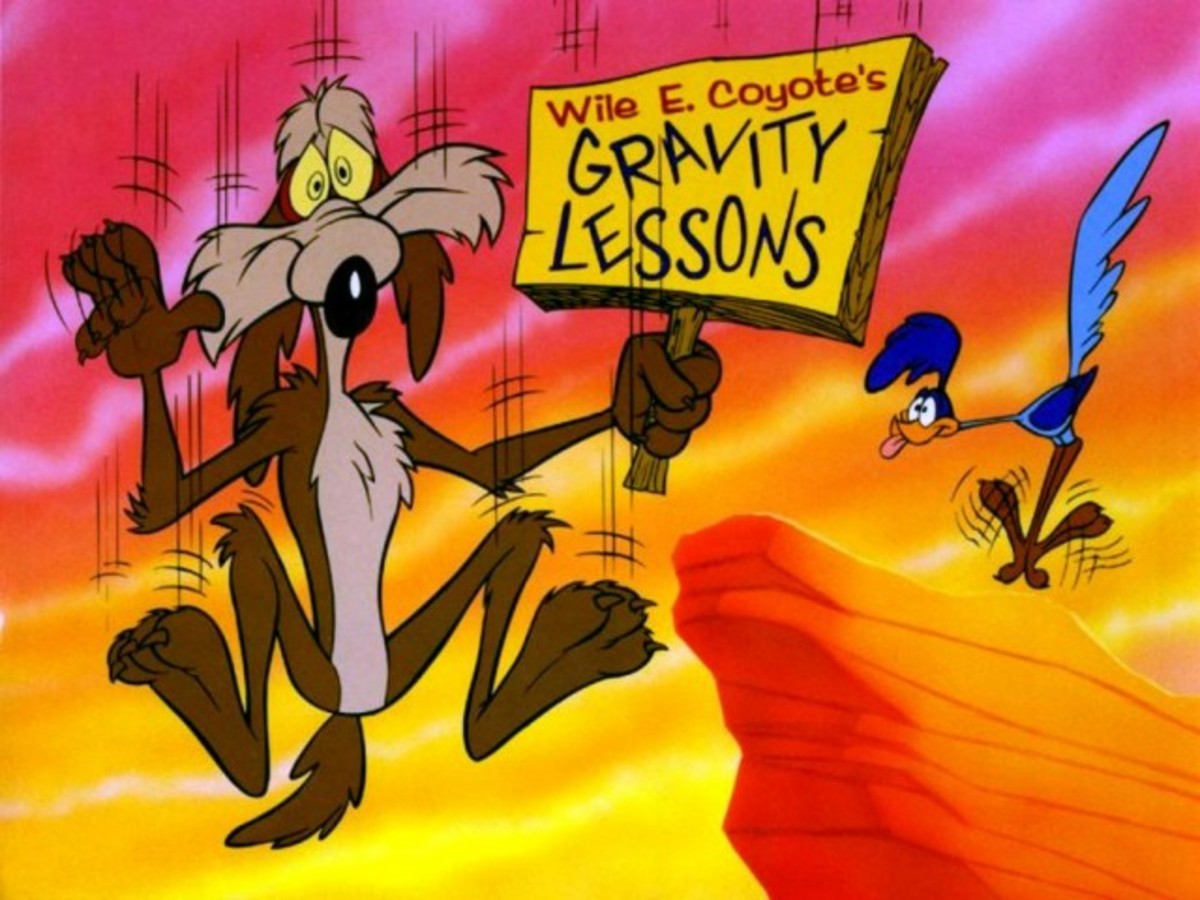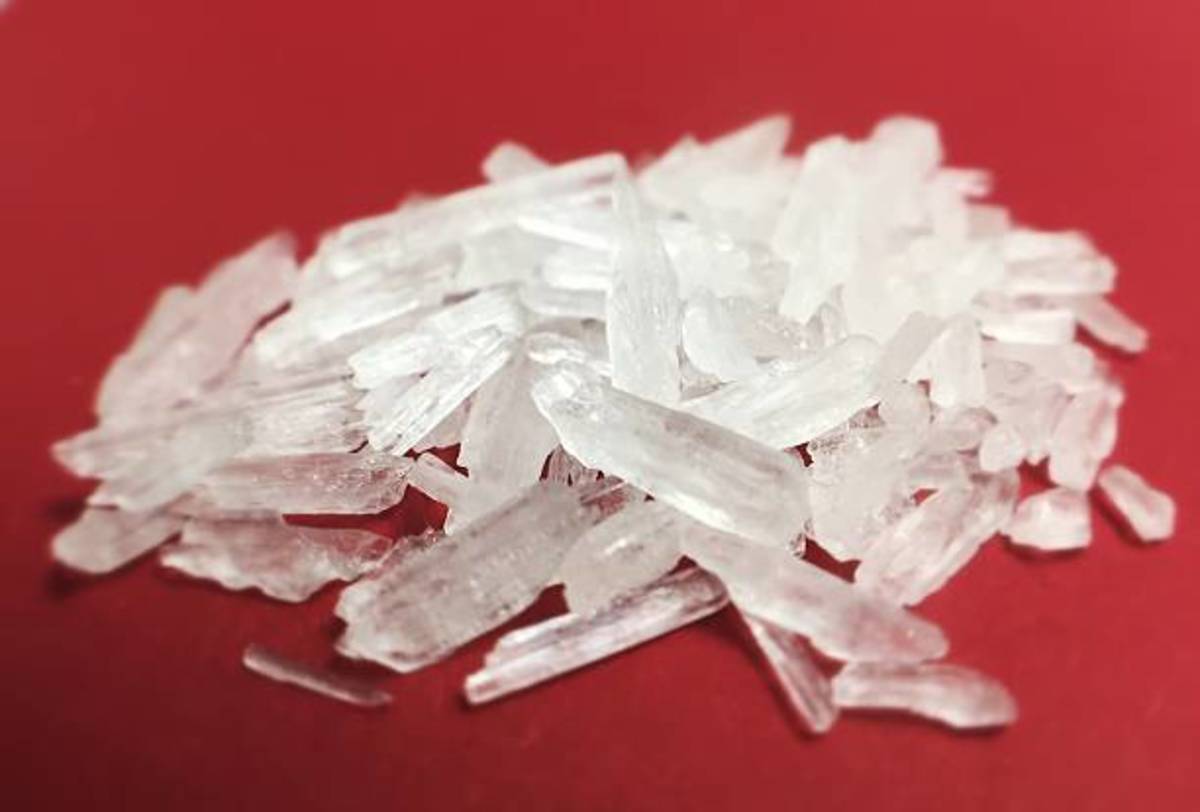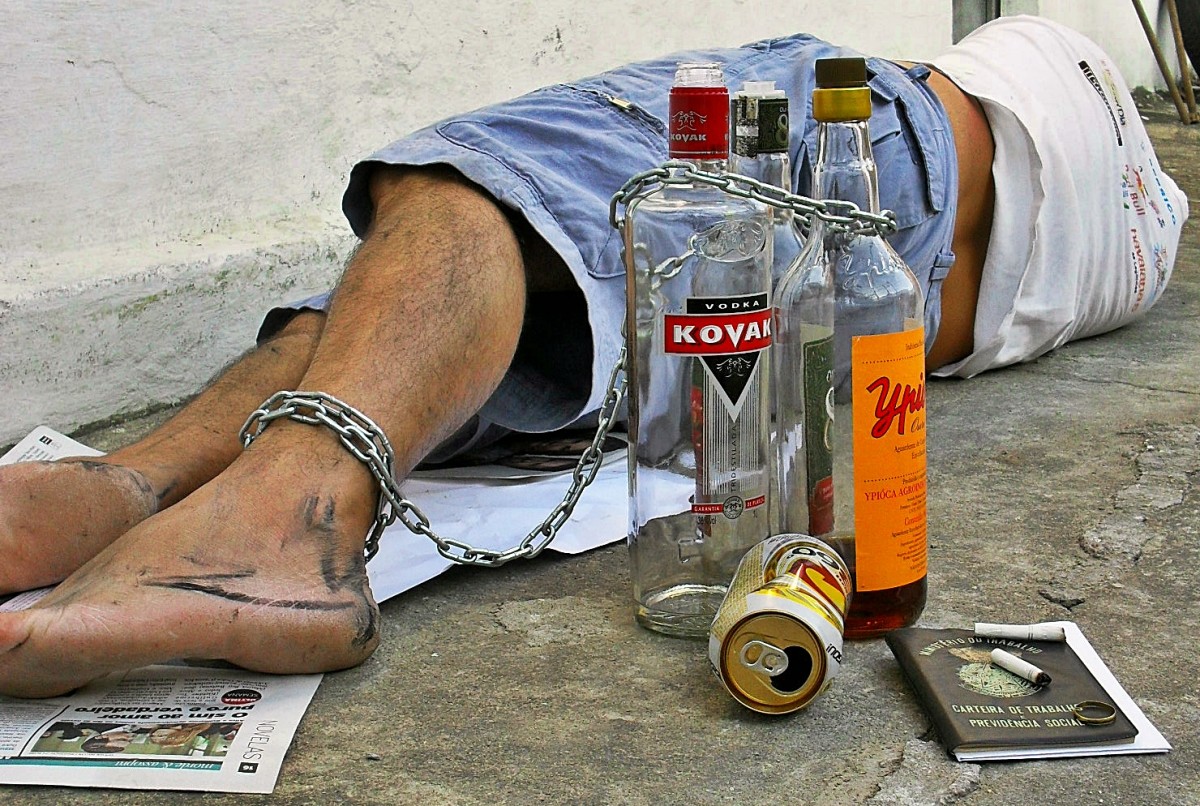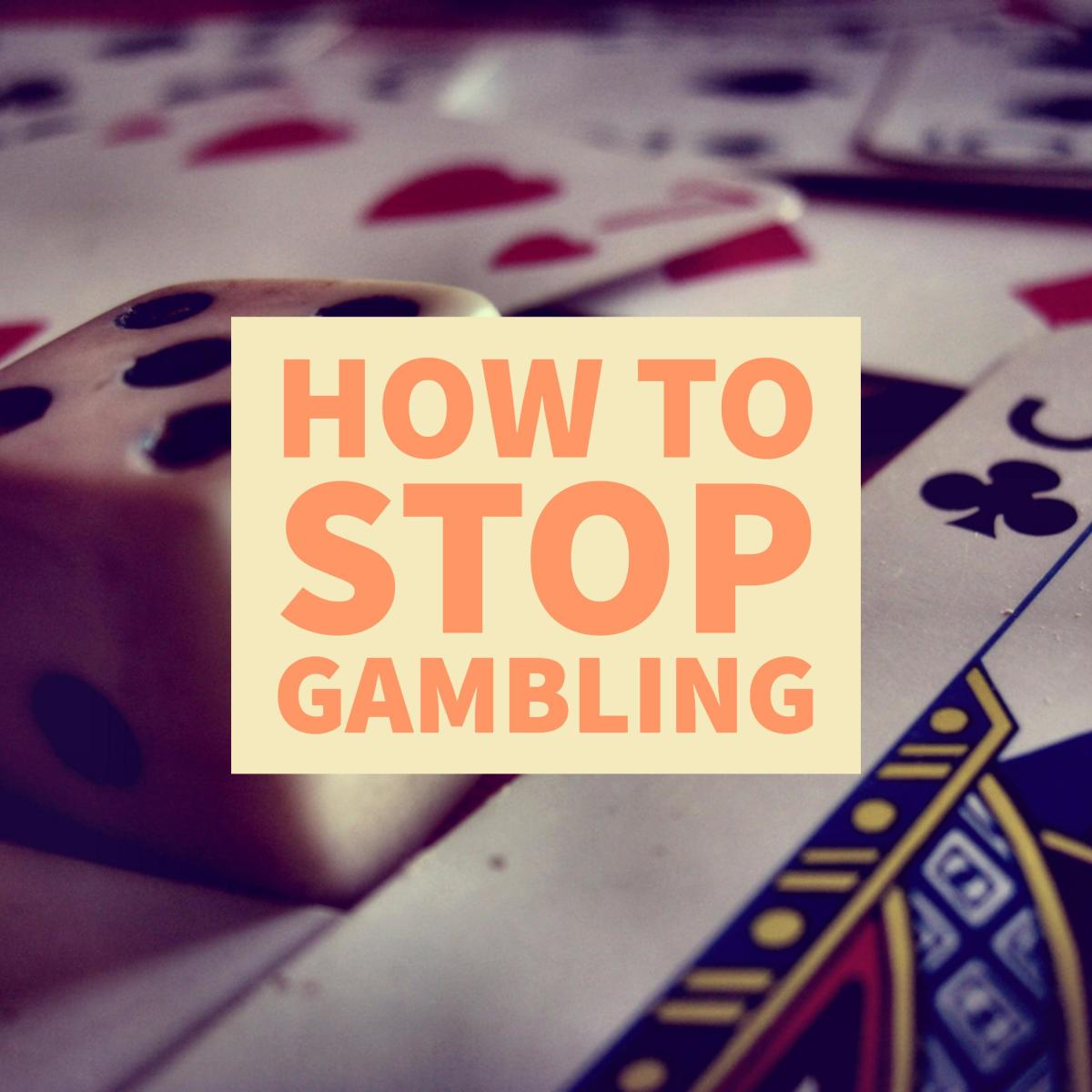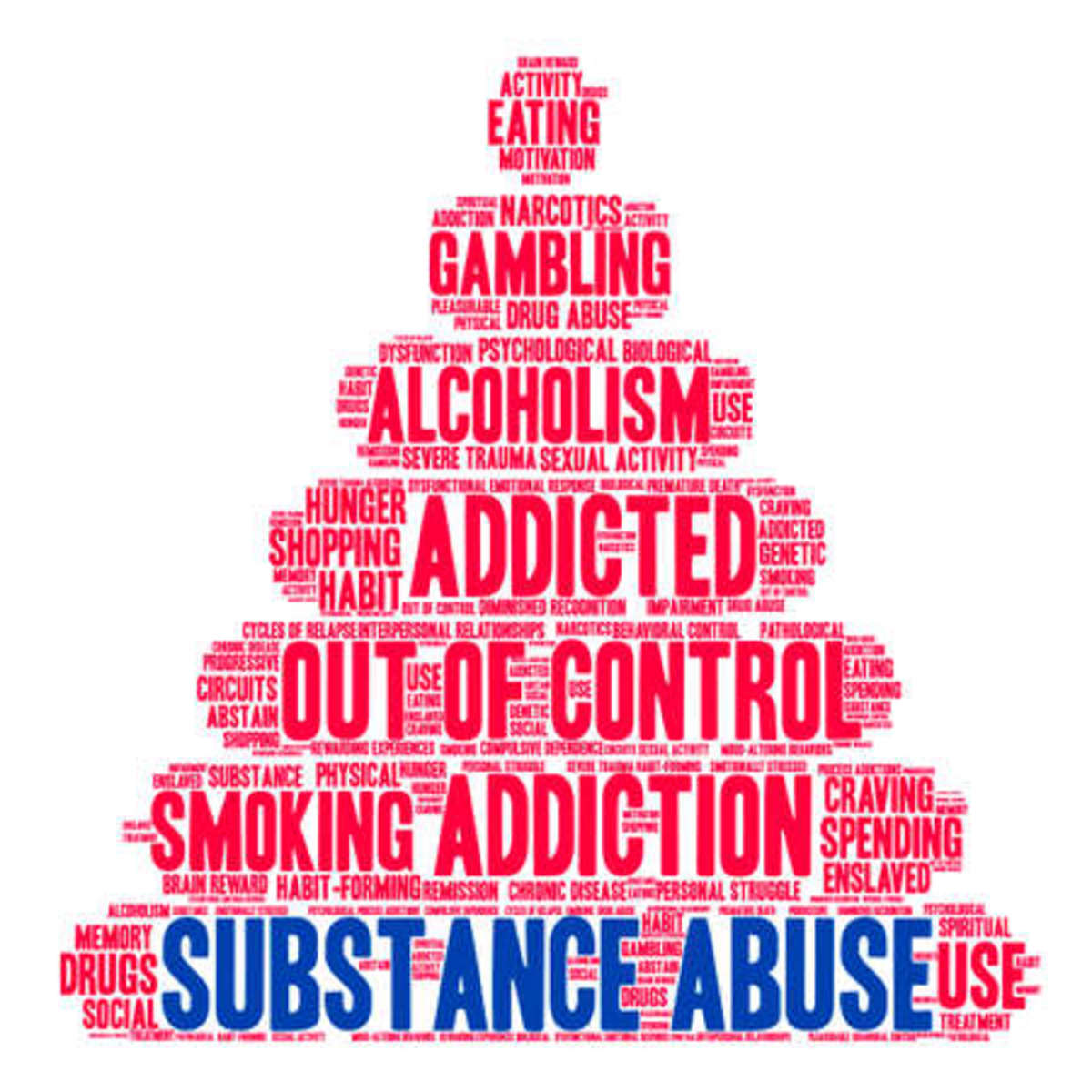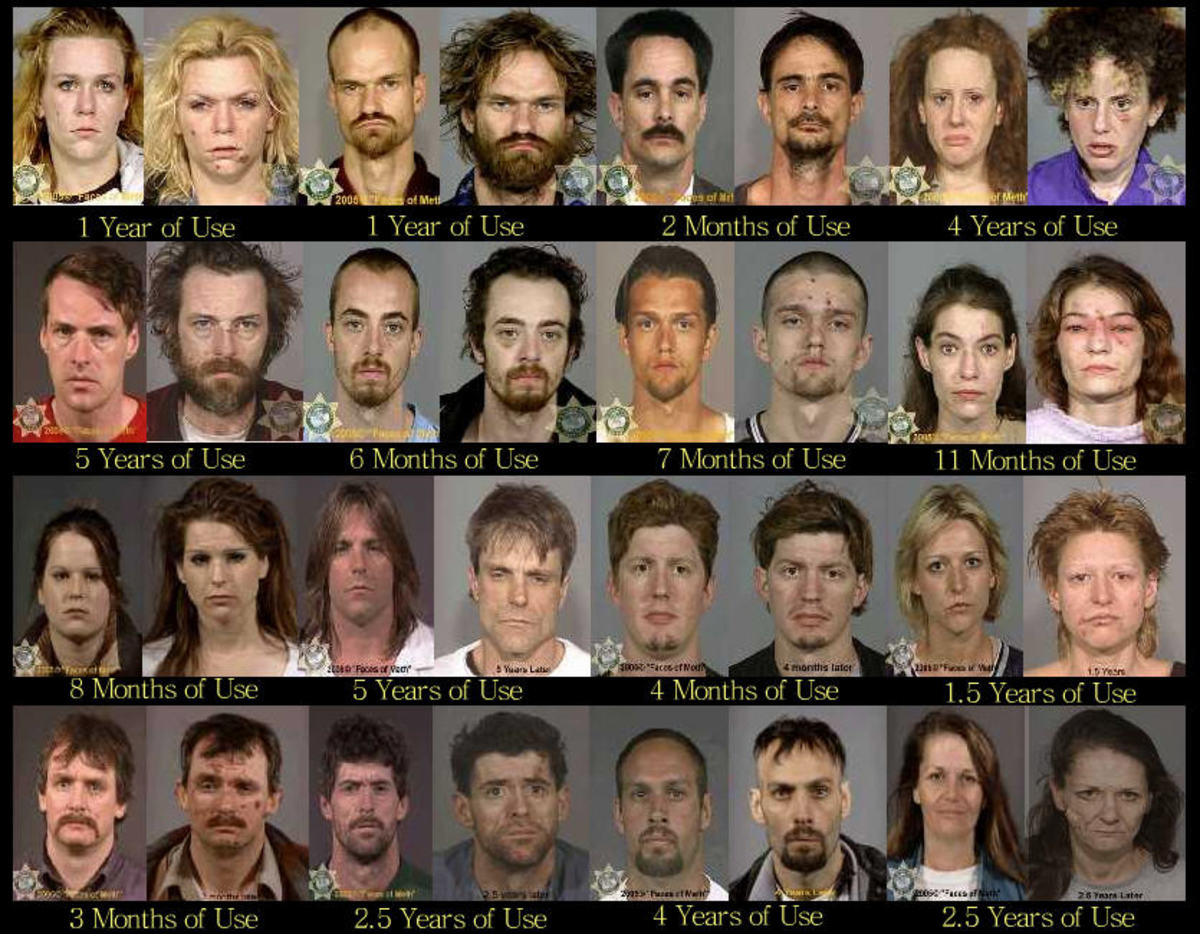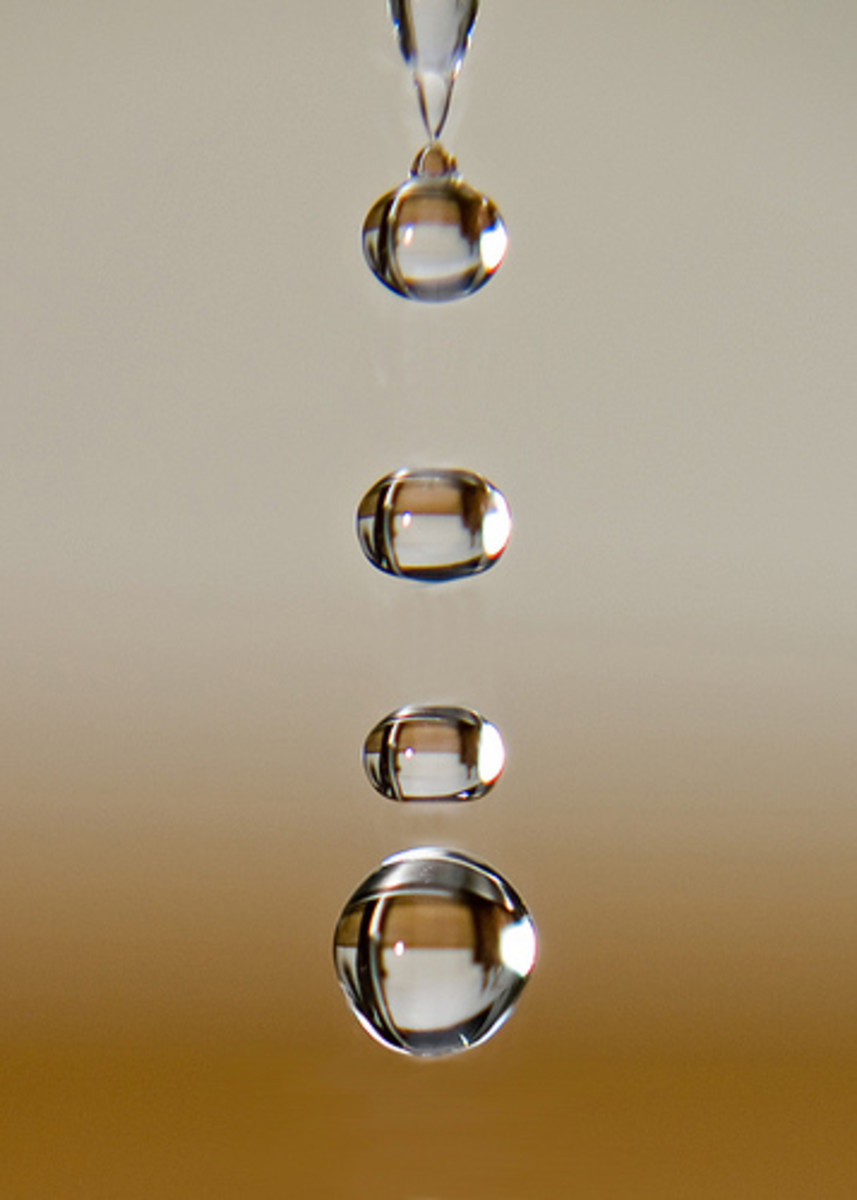- HubPages»
- Health»
- Mental Health»
- Addiction
Addiction: 10 Facts You Need to Know

Addiction Knows No Boundaries
Addiction doesn't recognize borders, nationality, race, color, age, love or hate. It touches millions of lives every day without cognizance or concern. When someone dies because of their addiction, It doesn't mourn, It feels no grief.
The truth about addiction is that you can become addicted to just about anything. It's not reserved for elicit or prescription chemicals and wayward activities or behaviors. When you hear the word "addiction" typically your brain produces very dark and horrid images when in reality, people can live somewhat functional lives for years before addiction finally wins.
There is no such thing as a professional addict. They don't grow old, they either quit, self promote or they die.
Take Care of You
Balancing your life is important in successful recovery. Don't get too caught up in pursuing your spiritual self that you don't take care of you.
The Choice to Choose Not to Use
The definition of addiction has changed drastically over the last 30 years. Historically addiction was reserved for persons who were chemically dependent with an equally adapted tolerance and propensity to experience withdrawal symptoms without the presence of the addictive chemical.
Today addiction it is widely recognized, understood and medically diagnosed for hundreds of reasons from chemical dependency, video games, shopping, eating chocolate, tanning, exercising, having plastic surgery or any behavior that is compulsive, repetitive and interferes with normal daily living and routines. Medical professionals consider this behavior maladaptive.
The more that is understood about addiction, the more experts agree that triggers may not be a conscious decision but rather derived from an unconscious process. Once thought to be the act of "free will", now addiction is believed to be a more primitive process. Human beings have pre-existing imperfections. Addiction not only complicates the functioning process but it compromises the ability to consciously select.
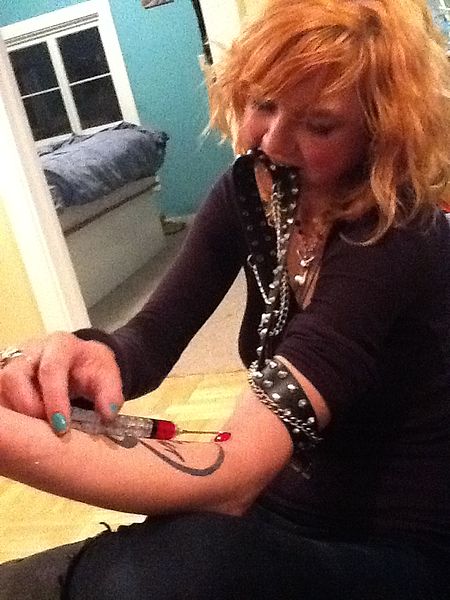
Addiction is hereditary
If you have a parent who suffers from addiction, there is a 40-60% chance that you will develop some form of addiction in your lifetime. It's not a permission slip or by any means, a guarantee but there is some predisposition for addiction. Scientists believe that they can uncover the genetic solution to diseases including addiction. However, with the discover of the addiction genes came the discovery of literally hundreds of primary gene markers slowing the process dramatically.
Neurobiology has leaned heavily upon the tridimensional personality characteristics to unravel the behavioral dimensions of addiction: novelty seeking, harm avoidance and reward dependence. The TPQ test, or Temperament and Character Inventory, was developed by C. Robert Cloninger to examine and identify the personality traits of an individual.
Deal With The Problem Now
Experts no longer suggest that addicts have to wait until they've hit rock bottom to enter in to treatment or to get help. Just like in life, there is no perfect handbook for recovery so as opposed to being stripped of everything, starting as soon as a problem is recognized is important. The truth is, recovery is about personal readiness for the person in treatment. Caregivers can lend motivation and help it to thrive, but only to an extent. Caregivers have to have credibility and must be able to work with even the most severe cases or their ability to treat, help and bond with patients may be at risk.
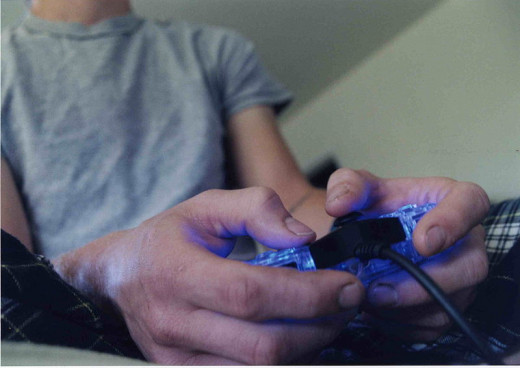
Addiction is Not the Isolated Problem
75-90% of people who are treated for drug or alcohol addiction have a concomitant. In fact, a significant number of people operate with multiple drug problems and co-existing psychiatric disorders. Over the last 30 years, studies have linked social phobia, major depression and post-traumatic stress disorder as the three leading psychiatric disabilities that most commonly coexist with addiction. Today, they are so commonly diagnosed together that it's now considered normal.

The Rate of Relapse is 8:10
Although many people experience substantial periods of stability and some recover, the majority of people with addiction will chronically relapse. Fewer than 10% of people who suffer from alcohol or drug addiction experience continuous abstinence following treatment. Part of the problem is that successful recovery requires an entire lifestyle change after treatment is completed and the expectations of people who surround the addict may be abnormally high and unrealistic, expecting that they are cured when in reality there is no cure for addiction. If the addict is returned to the environment where the addictive behavior occurred and was maintained, they are being set up to fail again. In order for things to change - everything has to change. You can't just dismiss the chemical and/or the behavior because it has become a learned response; a need that fulfills.
Different Therapies Work in Similar Ways
Before the introduction of pharmacology and medications that reduce the constant feelings of fixation, treatments were based on psychological intervention. After taking a closer look, researchers found that there was almost no differential outcome between people who took part in a 12-step program, cognitive-behavioral therapy, motivational enhancement therapy and social and behavioral network therapy.
Experts have found that the best predictors in therapeutic quality are:
- Being able to offer solutions to problems.
- Having credibility when relating to patients.
- Challenging patients to be better emotionally.
- Showing genuine interest in them as a person.
- Having therapeutic skills such as reflection, knowledge, the ability to make accurate interpretations, and the ability to develop strong bonds.
Having a strong therapeutic affiliation is a good prediction of rehabilitative failure or success, including patients who suffer from co-morbidity.
The Magic Isn't in the Program
Don't mistake maintenance for motivation. It's not the program that saved you, it's the GOOD choice you made to get clean. You may have a long way to go but it's a good WAY TO GO!
Treatment Must be Based on the Individual
The more a treatment plan addresses the individual needs of a patient or subsequent addict, the more likely that it will lead to successful recovery. Treatment should not be based on one particular need such as the pharmacological need for treatment. Since there is such an overwhelming instance of co-morbidity and likely the need for other services such as vocational, legal, social, and family accommodations, it's important that treatment plans cover the comprehensive person and not just detox and therapy.

Motivation Doesn't Come Out of a Machine
Many people describe the epiphany of recovery as "finding God." Recovery from addiction is no small feat. It requires hard work, discipline, the adaptation of new beliefs and life parameters and a spiritual reinvention of self. This effort has to be born 100% from the need for transformation. It cannot be handed to you, given to you, paid for, borrowed or taken as a medication. It's a hunger that comes up, almost an anger or exhaustion that is ready to be better; to be more alive and to let go of the "demons" or the "dragons" that exists within an addicted mind. Until this motivation arises out of the individual, there is a terrific risk of relapse. If this never happens, then recovery is temporary, and it always will be.

Nothing is more expensive than regret. So don't.
If you think education is expensive, what do you think ignorance costs?
Change Takes Time
Recovery is forever. There is no cure for addiction so recovery is happening on a daily basis. For the addict, it's changing everything about the way they were living, thinking, feeling and doing; they have to learn to live again. It will become their new life's work. It's important that therapy be an ongoing process. It's even more important that family and friends remember that there will be mistakes made along the way but that doesn't mean failure is imminent. Recognize and applaud small successes and genuinely salute milestones. Keep your criticism silent. People know when they've made mistakes. They don't need reminders, they need support.
Other Useful Information
- How to Recognize Signs of Teen Depression
Teen depression is a serious problem which can be effectively managed when detected and treated. Know how to recognize characteristics of teen depression, where to get help and what you can do at home to best help your teen. This hub is your resource - Reasons To Take Your Child To a Psychologist or Psyc...
If you are concerned that your child might have serious problems that require the attention of a medical professional, this will help you understand the difference between two major issues that require immediate care. - How To Tell if a Teen Has a Mental Disability
This hub is about ways to tell if your child or teen has a mental disability. It sites specific factors and behaviors which are indicative of mental disorders. This hub is not meant to diagnose.

